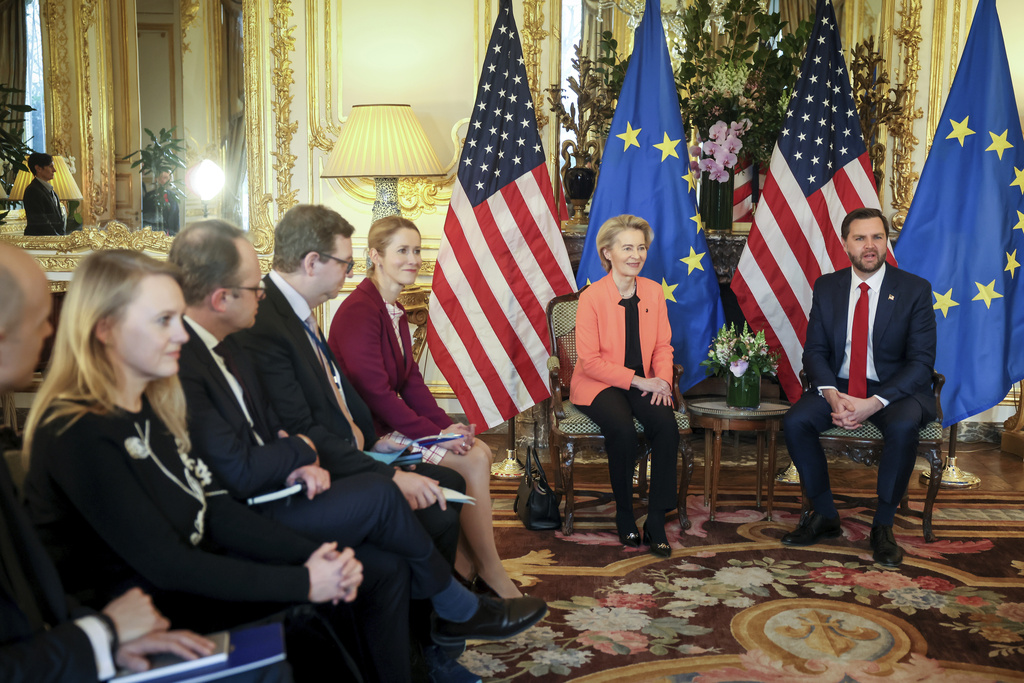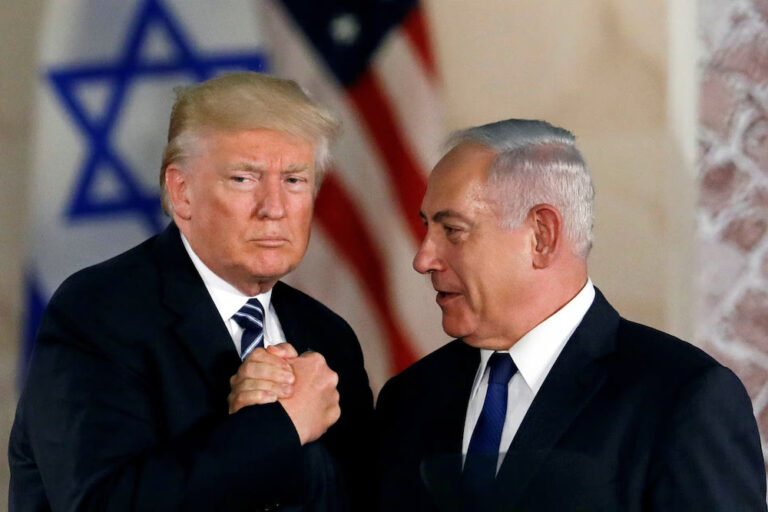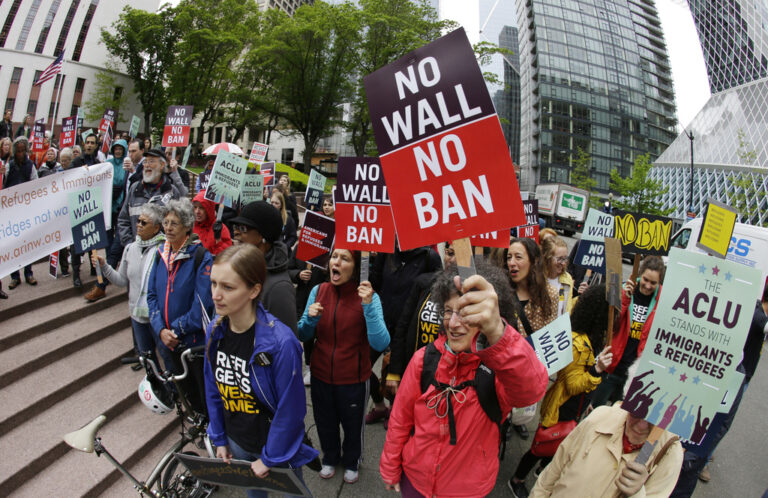
In the ever-expanding realm of global security threats, artificial intelligence has captured the attention of policymakers and the public alike. In the past five years, there have been three major AI summits across the globe, but the most recent nuclear deterrent summit was held in 2016. World leaders seem to be prioritizing the possible consequences of AI over clear nuclear concerns. This is not to not discount the security threats of artificial intelligence, from easily generated misinformation campaigns to autonomous weapons. AI’s dangers are real and require urgent attention. But as the world focuses on the future, the far older and more immediate existential threat of nuclear weapons has quietly faded into the background. This neglect is not just irresponsible — it is dangerous.
The world has seen nuclear threats re-emerge with renewed intensity. Russia’s invasion of Ukraine has included thinly veiled threats of nuclear escalation, and North Korea continues to test missiles at an alarming rate. China, too, is expanding its nuclear arsenal with little transparency. Yet, instead of placing denuclearization at the forefront of international diplomacy, global leaders are preoccupied with AI regulation. While AI is a significant issue, it should not overshadow the catastrophic risks posed by the world’s stockpiles of nuclear weapons. There have been significant strides made in the past to address the nuclear dilemma threatening the world, but these efforts were not successful.
Although President Biden extended the New START treaty with Russia in January 2021, serious efforts to push for denuclearization have been sidelined by other priorities. Meetings with Chinese President Xi Jinping in his administration were largely centered on trade and AI governance rather than nuclear arms control. The recent push for global AI regulations, while important, illustrates how emerging threats can hijack the global security agenda, leaving nuclear disarmament by the wayside.
President Trump acknowledged the importance of nuclear disarmament, stating in a press conference that he hoped to eventually engage in denuclearization talks with China and Russia. However, treating this issue as a distant possibility rather than an urgent diplomatic mission was a fundamental mistake. Waiting for the right moment to address nuclear threats only allows them to grow more dangerous. Instead of treating denuclearization as a secondary concern, it should have been a central objective in U.S. foreign policy, pursued with the same intensity as trade agreements and AI governance.
Some argue that AI poses a more pressing challenge because it is an evolving, unpredictable force, while nuclear weapons have been a known quantity for decades. But this argument is flawed. The stability of nuclear deterrence is an illusion: the potential for miscalculation, escalation, or even accidental launch remains high. AI, for all its risks, has not yet demonstrated the ability to obliterate entire cities in seconds. Nuclear weapons have, and they still can.
Rather than treating AI and denuclearization as competing priorities, the world’s leaders must address both issues simultaneously. AI could even exacerbate nuclear risks, particularly if machine learning algorithms are used in military decision-making. An AI arms race without proper oversight could lead to scenarios where automated systems misinterpret threats and escalate conflicts to a nuclear level. Policymakers must acknowledge that nuclear disarmament and AI governance are interlinked, rather than mutually exclusive.
The solution is clear: denuclearization must return to the forefront of international diplomacy. The U.S. must take the lead in restarting arms control negotiations with Russia and China, re-engaging North Korea with a strategy beyond mere photo ops, and working to strengthen the Treaty on the Non-Proliferation of Nuclear Weapons. Simultaneously, the international community should recognize that AI regulations, while critical, must not distract from the urgent need to reduce the world’s nuclear arsenal.
The world cannot afford to let denuclearization slip further down the list of priorities. If nuclear war were to break out, AI, trade policy, and economic competition would cease to matter in an instant. Leaders must create policy to address the fact that the nuclear threat to humanity is not just on the horizon — it has been looming over us for decades. And unless we take immediate action, it will only grow closer.
The Zeitgeist aims to publish ideas worth discussing. The views presented are solely those of the writer and do not necessarily reflect the views of the editorial board.



